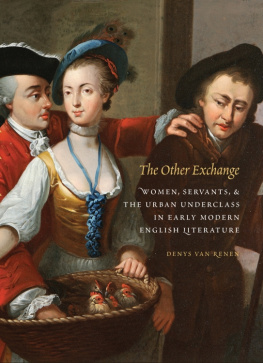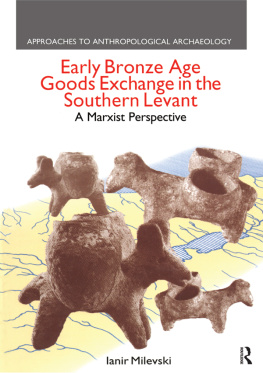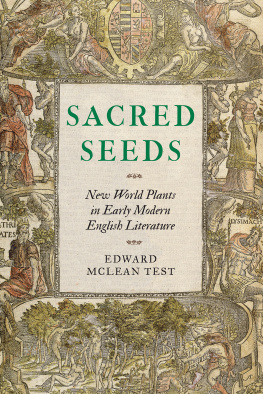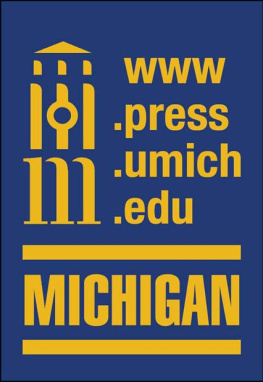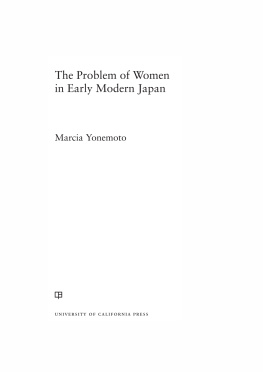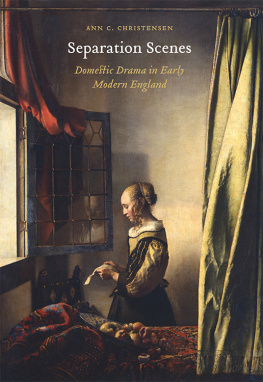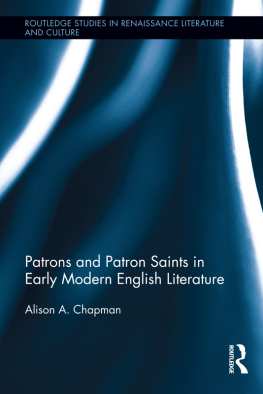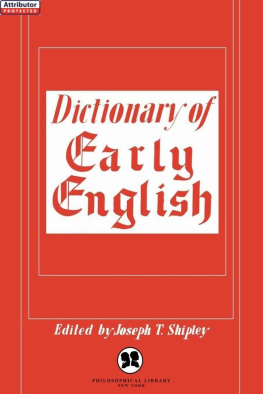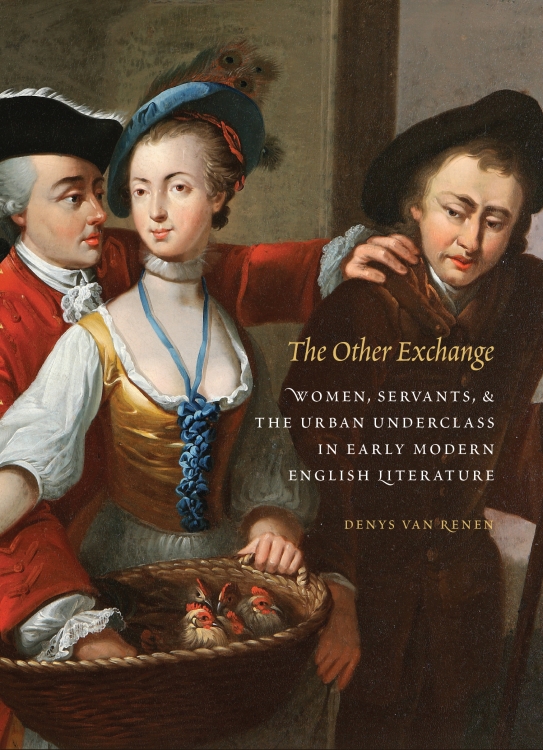
This subtle and perceptive book shakes many of our assumptions about early modern comic writing. Van Renen reads these texts as exchanges between the elite and the formidable and fluid counterpublic of women and the poor, and does so convincingly.
MATTHEW STEGGLE , professor of English at Sheffield Hallam University
Van Renen cogently elucidates the complex means by which the working poor provide a crucial template for the conditions of modern capitalism. His fascinating argument and nuanced readings make this book vital to any study of the early modern period.
RAJANI SUDAN , professor of English at Southern Methodist University and author of The Alchemy of Empire: Abject Materials and the Technologies of Colonialism
Remarkable in its thematic and chronological breadth, The Other Exchange productively balances close formalist analysis of its texts with a thorough critical and historical contextualization. The Other Exchange offers an extremely valuable contribution to discussion of early modern London, economic thought, vagrancy, and internal colonialism, among other issues.
MARK NETZLOFF , associate professor of English at the University of WisconsinMilwaukee and author of Englands Internal Colonies: Class, Capital, and the Literature of Early Modern English Colonialism
THE OTHER EXCHANGE
Early Modern Cultural Studies
SERIES EDITORS
Carole Levin
Marguerite A. Tassi
The Other Exchange
Women, Servants, and the Urban Underclass in Early Modern English Literature
DENYS VAN RENEN
UNIVERSITY OF NEBRASKA PRESS | LINCOLN AND LONDON
2017 by the Board of Regents of the University of Nebraska
Cover designed by University of Nebraska Press; cover image: Robert Wilks (1665?1732) as Captain Plume from George Farquhars The Recruiting Officer (1706) after Philippe Mercier (16891760). Oil painting on copper. CMS _ PCF _1151350. National Trust Images.
An earlier version of chapter 2 appeared as A Birthright into a New World: Representing the Town on Bromes Stage in Comparative Drama 45, no. 2 (Summer 2011): 3563. 2011 by Western Michigan University. Used with permission. An earlier version of chapter 4 appeared as The Air We Breathe: Warfare in Farquhars The Recruiting Officer in College Literature 43, no. 2 (Spring 2016): 397426. 2016 by Johns Hopkins University Press and West Chester University of Pennsylvania. Used with permission.
All rights reserved.
Publication of this volume was assisted by the Virginia Faulkner Fund, established in memory of Virginia Faulkner, editor in chief of the University of Nebraska Press.
Library of Congress Control Number: 2016958789
ISBN 9780803280991 (print)
ISBN 9781496200464 (epub)
ISBN 9781496200471 (mobi)
ISBN 9781496200488 (pdf)
The publisher does not have any control over and does not assume any responsibility for author or third-party websites or their content.
In memory of Victor and Nancy Mignone
Contents
It is a pleasure to acknowledge the many debts I incurred while completing this book. Many thanks to the students, faculty, and administration at the University of Nebraska at Kearney, who create an environment conducive to scholarly inquiry. My chair, Samuel Umland, in the Department of English has been an indispensable advocate for this project and an unremittingly positive influence in the daily business of teaching and scholarship. Bill Jurma, the dean of Fine Arts and Humanities, and Kenya Taylor, dean of Graduate Studies, have enthusiastically supported my research, sent me to national and international conferences to share my findings on George Farquhar and Daniel Defoe, and provided a much appreciated scholarly release from teaching to complete the final drafts of the book. John Falconer, through his many roles in Research Services Council, URF , and SSRP , has provided travel support. Many others on campus, such as the Calvin T. Ryan librarians, above all Susan Mueller, have been essential to gathering resources for finishing the book. I am grateful for the endeavors of Ron Wirtz and Jon Ritterbush to acquire the Eighteenth Century Collections Online and the Department of English for funding its acquisition as well. Colleagues across campus contribute to a stimulating and convivial environment. I thank especially Martha Kruse, Noah Rogoff, Charles Rowling, Robert Luscher, Richard Mocarski, and Rebecca Umland. I owe a great deal to my colleague Robert Fernandez, who through the Reynolds Poetry Series brought the poet Robyn Schiff to campus. Her poems triggered new perspectives on Defoes Journal of the Plague Year and inspired me to revisit it, inaugurating my work on chapter 5.
I have taught much of the literature to English majors, nonmajors, lower-division students, graduate students, and everyone in between. George Farquhar, Aphra Behn, Eliza Haywood, and numerous other authors discussed in this book have enthralled them. The students responses fortified my commitment to the projects scope. Most of all, students enjoyed tackling questions raised by Richard Bromes A Jovial Crew, a play that in many ways serves as the ur-text of this study. In particular, I wish to single out the students in my spring 2014 and summer 2015 courses on Restoration literature, classes that proved pivotal to the development of this book. Through independent research projects, both Rachel Nozicka and Yentle Dyas acted as capable interlocutors for thinking through some of the ideas as well. Our local caf, Baristas, has been a welcoming environment for me at which I wrote half the book fueled by the steaming soy lattes they provided. I am sure that this book could not have been completed without the fertile and supportive environment at UNK .
This project began at the University of Illinois, Urbana-Champaign. I extend humble gratitude to Lori Newcomb, Anthony Pollock, Andrea Stevens, Feisal Mohamed, Curtis Perry, and especially Robert Markley for their comments on early iterations of the chapters on Jonson and Brome. Growing up in Boulder and living in California, I was unsure about moving to the Midwest for graduate school, but after conversing with Bob I knew Illinois was the perfect fit for studying early modern and Restoration literature. I can never express my gratitude sufficiently to Bob for all he has done for me, but I hope that he, as the consummate professor, will appreciate my continued efforts to contribute to our understanding of the Restoration and the eighteenth century and to share the literature with new generations of students. All the members of the Early Modern Workshop reading group at Illinois also helped forge a teeming intellectual environment that supported my research, including Alaina Pincus, Elizabeth Tavares, Michael Behrens, and Jeremy Wear. Gordon Hutner also deserves a special thank you for allowing me to work on American Literary History as managing editor for two years. The essays in ALH taught me to write and think in much more complex ways.
Several institutions provided generous grants as I started the book, including two Graduate College Dissertation Completion Fellowships, an English Department Summer Research Grant at Illinois, and a Renaissance Studies Consortium Grant funded by the Newberry Library in Chicago. Several professional organizations have proven crucial to the development of ideas in this book, most importantly the American Society for Eighteenth-Century Studies and the Defoe Society. Thanks to Sharon Alker, Sue Edney, Christopher Loar, Andreas Mueller, and Stephen Gregg for a lovely and productive conference in Bath.

